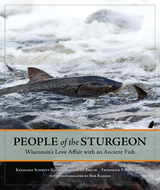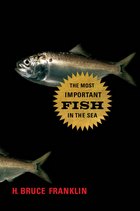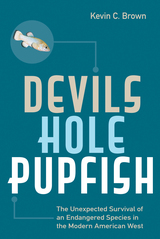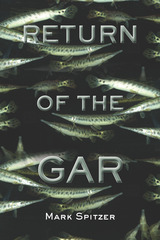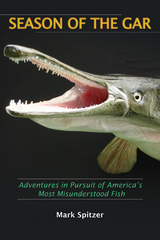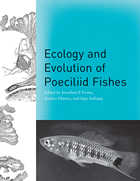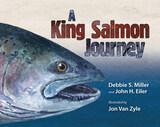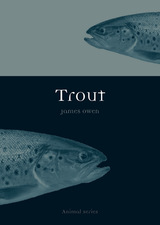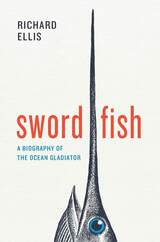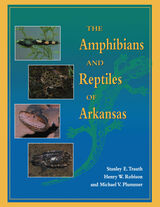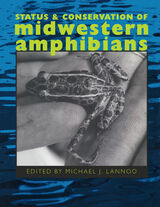Great Lakes Sea Lamprey: The 70 Year War on a Biological Invader
University of Michigan Press, 2019
eISBN: 978-0-472-12603-3 | Cloth: 978-0-472-13156-3
Library of Congress Classification QL638.25.P48B73 2019
Dewey Decimal Classification 597.2
eISBN: 978-0-472-12603-3 | Cloth: 978-0-472-13156-3
Library of Congress Classification QL638.25.P48B73 2019
Dewey Decimal Classification 597.2
ABOUT THIS BOOK | AUTHOR BIOGRAPHY | REVIEWS | TOC | REQUEST ACCESSIBLE FILE
ABOUT THIS BOOK
The stuff of nightmares in both their looks and the wounds inflicted on their victims, sea lampreys (Petromyzon marinus) are perhaps the deadliest invasive species to ever enter the Great Lakes. At the invasion’s apex in the mid-20th century, harvests of lake trout (Salvelinus namaycush), the lampreys’ preferred host fish in the Great Lakes, plummeted from peak annual catches of 15 million pounds to just a few hundred thousand pounds per year—a drop of 98% in only a few decades.
Threatening the complete collapse of the fishery, the sea lamprey invasion triggered an environmental awakening in the region and prompted an international treaty that secured unprecedented cooperation across political boundaries to protect the Great Lakes. Fueled by a pioneering scientific spirit, the war on Great Lakes sea lampreys led to discoveries that are the backbone of the program that eventually brought the creature under control and still protects the largest freshwater ecosystem in the world to this day.
Great Lakes Sea Lamprey draws on extensive interviews with individuals who experienced the invasion firsthand as well as a trove of unexplored archival materials to tell the incredible story of sea lamprey in the Great Lakes—what started the invasion, how it was halted, and what this history can teach us about the response to biological invaders in the present and future. Richly illustrated with color and black & white photographs, the book will interest readers concerned with the health of the Great Lakes, the history of the conservation movement, and the ongoing threat of invasive species.
Threatening the complete collapse of the fishery, the sea lamprey invasion triggered an environmental awakening in the region and prompted an international treaty that secured unprecedented cooperation across political boundaries to protect the Great Lakes. Fueled by a pioneering scientific spirit, the war on Great Lakes sea lampreys led to discoveries that are the backbone of the program that eventually brought the creature under control and still protects the largest freshwater ecosystem in the world to this day.
Great Lakes Sea Lamprey draws on extensive interviews with individuals who experienced the invasion firsthand as well as a trove of unexplored archival materials to tell the incredible story of sea lamprey in the Great Lakes—what started the invasion, how it was halted, and what this history can teach us about the response to biological invaders in the present and future. Richly illustrated with color and black & white photographs, the book will interest readers concerned with the health of the Great Lakes, the history of the conservation movement, and the ongoing threat of invasive species.
See other books on: Biological invasions | Ecosystems & Habitats | Great Lakes (North America) | Introduced fishes | Lakes, Ponds & Swamps
See other titles from University of Michigan Press

